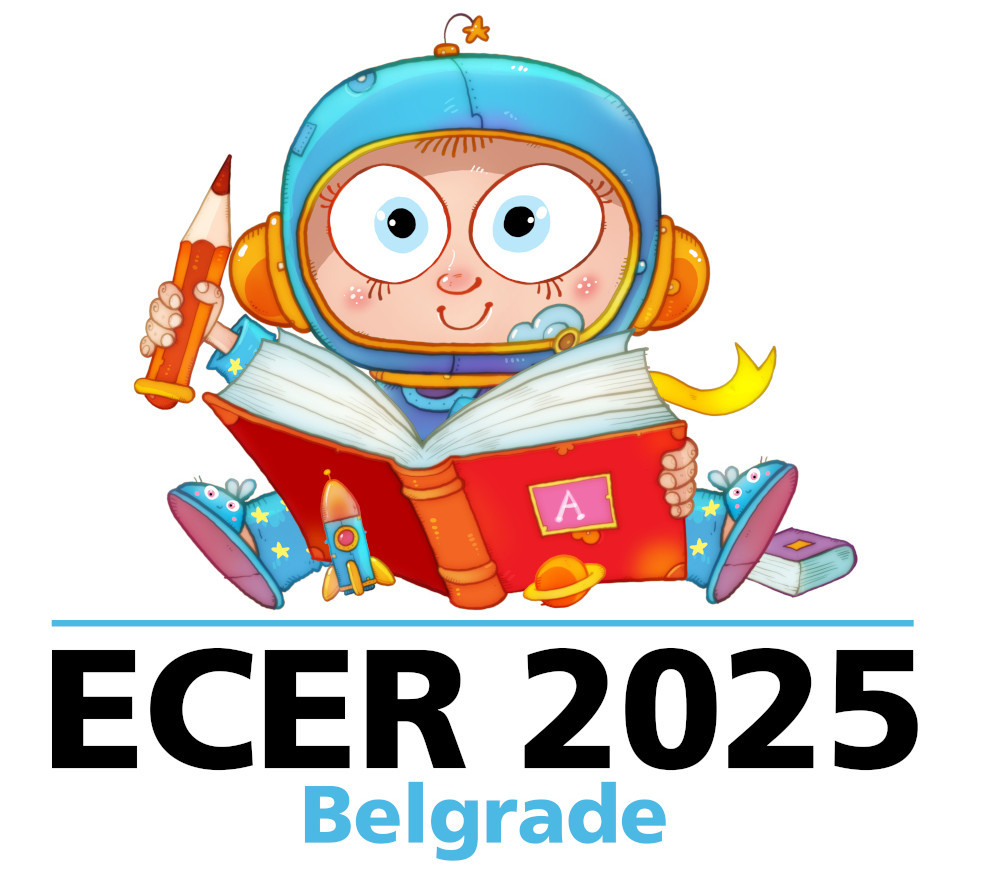- Speakers: Alexander Christ (DIPF, Germany); Marit Honerød Hoveid (Norwegian University of Science and Tech, Norway); Maarten Deleye (Ghent University, Belgium); Christoph Schindler (DIPF, Germany); Ineke Pit-ten Cate (Université du Luxembourg, Luxembourg); Lisa Bugno (Università di Padova, Italy)
- Chairperson: Christoph Schindler (DIPF, Germany)
- When: 00 SES 07 A / Wednesday, 10/Sept/2025: 15:30 - 17:00
- Location: Mak | Kinoteka | 1. Fl
The (European) educational research field has been and is undergoing an ever-increasing diversification, specialization and fragmentation, which can also be observed in the diversification of the themes of ECER contributions since 1998 (see Deleye et al., 2024). This is due to the field’s constituting factors of various involved (sub-)disciplines, theoretical and methodological paradigms and heterogenous research questions as well as geo- and local political changes. The diversification gets further reinforced by the strong interdependence of education and educational research with national, inter-national and intranational factors (for example educational policies, school systems, curricula or research traditions). In addition, research of and within each European country also happens substantially in the respective national language, is presented at national conferences and often only available in national databases. All the aforementioned aspects represent lines of fragmentation for the European educational research field. This however shall not imply, that this diversification represents a weakness or problem for European educational research, but rather a strength and a potential challenge. By trying to identify, map and analysis the field, this challenge may be overcome, which may strengthen the field of European educational research in regard to its international visibility and potential cross-national and cross-language collaborations. It may also entail new avenues for research and the development of new research areas. Overcoming the fragmentation of European educational research is easier said than done, as a wide variety of challenges render this endeavour rather difficult. This is where “modern” methods such as natural language processing and machine learning can be applied by processing and clustering contributions of researchers via methods such as topic modelling. The latter is a method to determine the central themes and their trends within corpora by clustering documents alongside their indicative words and word-relations (Blei et al., 2003; Griffiths et al., 2004).
The initial input of this session is on the interactive web-app EduTopics: ECER (Christ et al., 2024; https://dipf-lis.shinyapps.io/EduTopicsECER), which harnesses topic modelling to enable users to freely explore the central themes of ECER since 1998 as well as the relevance of those themes differentiated for the different EERA-networks, countries of affiliation and authors. On the basis of the presentation, the invited panel will discuss several questions regarding the identification, mapping and analysis of the European educational research landscape, such as:
- What are the benefits, challenges and potential pitfalls of trying to map the European educational research field?
- What is required to stem such an endeavour regarding for example technical infrastructure, scientific personnel or cross-national and cross-institutional cooperation?
- Which avenues of research may be opened up due to this mapping?
During the discussions on the aforementioned and further questions, the participation of the audience members is highly encouraged.

Important Dates ECER 2025
01.12.2024 | Submission starts |
31.01.2025 | Submission ends |
01.04.2025 | Registration starts |
01.04.2025 | Review results announced |
15.05.2025 | Early bird ends |
25.06.2025 | Presentation times announced |
30.06.2025 | Registration Deadline for Presenters |
08.09.2025 | ERC First Day |
09.09.2025 | ECER First Day |
Conference Venue
Main Building (Check-in etc):
University of Belgrade
Faculty of Philology
Studentski trg 3
Belgrade

Ed Research in Serbia
While preapring for ECER 2025, read the Blog Post introducing some specifics of educational research in Serbia.
Towards reconnecting within and beyond the educational research community in Serbia